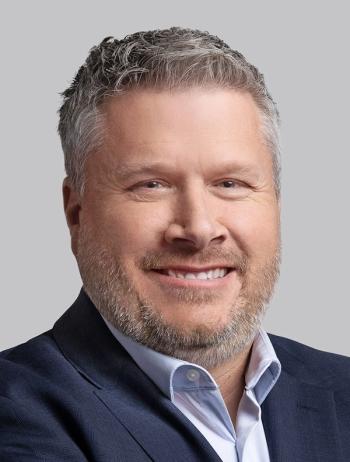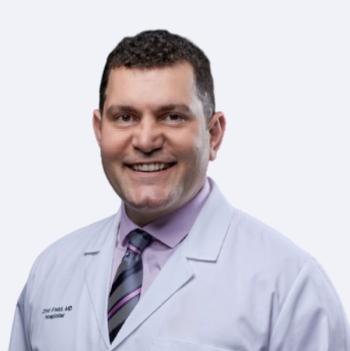
Volunteering as a way to recharge burned-out physicians
One physician’s quest to help others through volunteering has kept him from succumbing to career burnout.
To a physician already suffering the fatigue or despair of burnout, the idea of spending additional time in a volunteering capacity might sound counter-intuitive.
However, research has shown that the benefits of volunteering in any capacity are remarkable-including increased
Eric Mizuno, MD, an internist for OMNI Healthcare Clinic in Chicago, recently spent time offering disaster relief care in Puerto Rico after Hurricane Maria devastated the island.
Eric Mizuno, MD
It’s not the first time he’s jumped at the chance to volunteer in a crisis, either-he was on a plane to New Orleans within 24 hours of Hurricane Katrina in 2005.
“If we burn out, [we need to] reconnect with why we went into medicine in the first place, which hopefully is to serve others,” he says.
Mizuno definitely sees medicine as a calling, and feels that it’s in his DNA to help others. However, helping others, he says, isn’t pure altruism, but driven by the fact that “you get more than you give. So, selfishly, I want to help somebody because it makes me happy to do that.”
He sees nothing wrong with the “selfish” part of altruism, since it has the effect of improving life for other people.
‘You have to find the time’
Physicians can get caught up in being “duty bound,” he says, a state beyond simply doing the job, in which work becomes an obligation. Physicians can lose that original passion or sense of purpose that may have brought them into the work in the first place.
But how does a busy physician carve out the time from a practice to engage in volunteer activities? Mizuno advises, “I don’t think there is the perfect time. You have to find the time.”
Money can’t be the only end goal of work in Mizuno’s opinion. He believes a practice should have the flexibility to allow a physician a little time off. But even if not, volunteering doesn’t have to be a huge time commitment. It could be once a month, or at an occasional event.
“Volunteering takes different scopes,” Mizuno says. He doesn’t expect that the average physician will just up and fly off to disaster scenes like he does. “I try to wake up every day and ask myself, ‘who am I supposed to help today?’” he says. “It could be something small.”
The emotional reward is worth it in the long run, he feels. “You have to have faith that you will be reenergized.”
And there’s the added benefit that volunteering can help by distracting a physician from their burnout. “Once you start looking outside yourself, you aren’t concerned about your own problems. The joy comes from putting others before yourself.”
It may not even be necessary to volunteer in a medical capacity, but to “spend a lot of time figuring out what drives you passionately, and then pursue that because you will be personally fulfilled,” Mizuno insists.
He goes further and suggests finding “a community of people who have that same passion you have,” insisting that “your life will be that much richer because of it.”
Newsletter
Stay informed and empowered with Medical Economics enewsletter, delivering expert insights, financial strategies, practice management tips and technology trends — tailored for today’s physicians.






